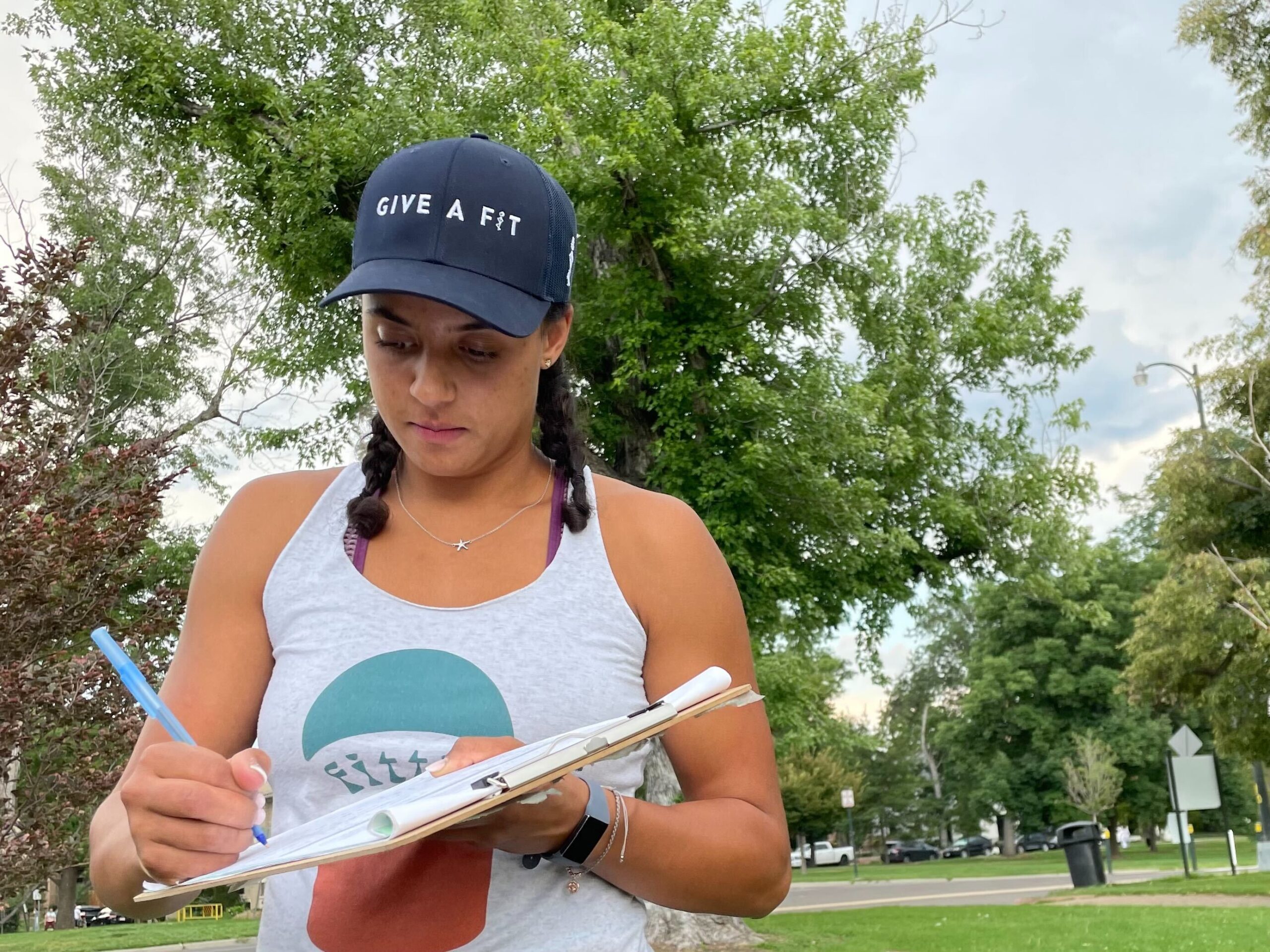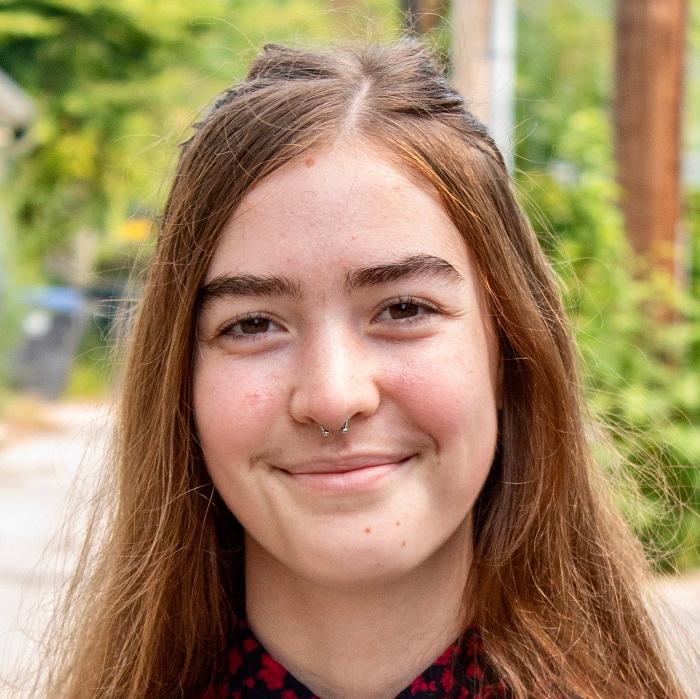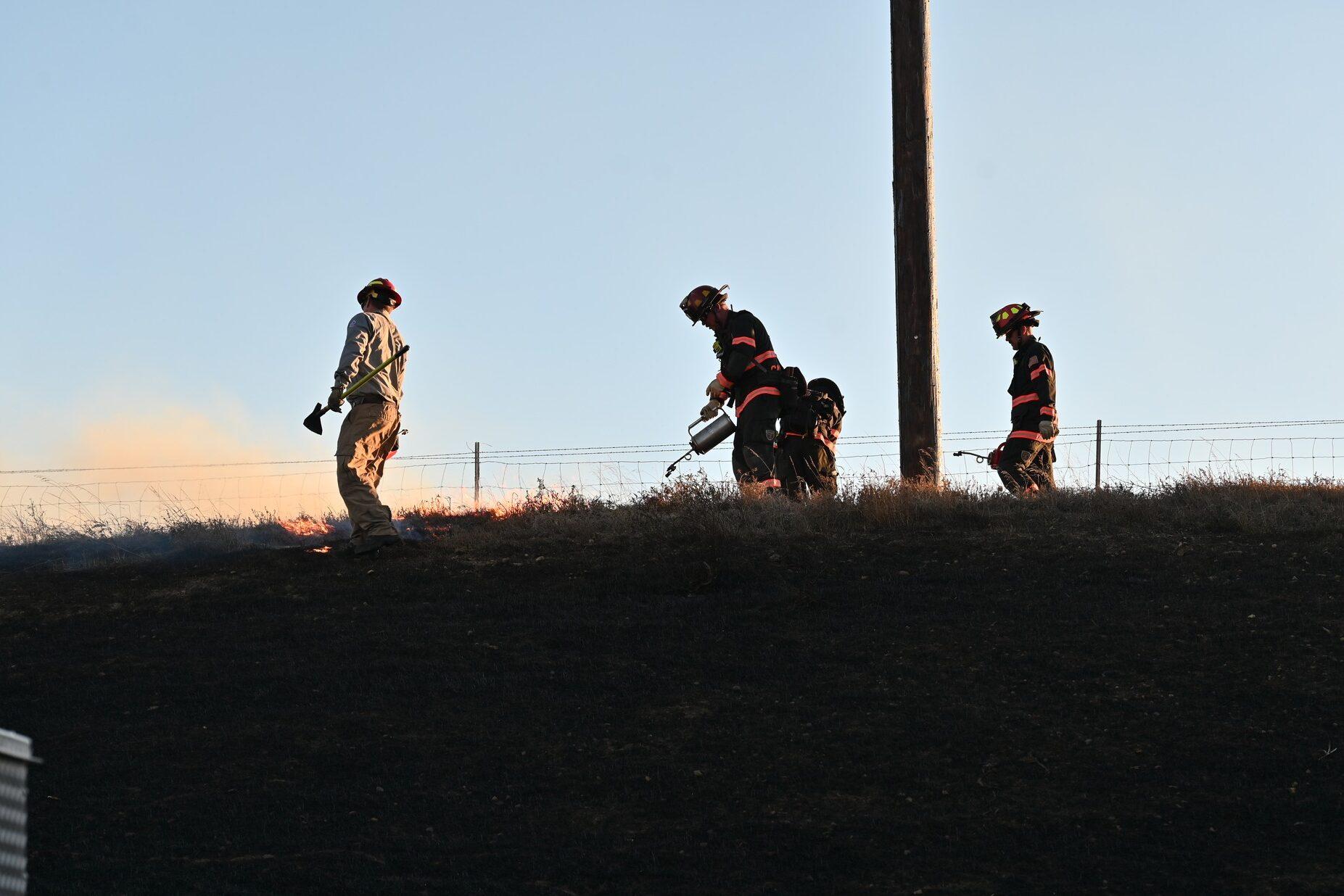
Armed with a clipboard full of petition pages, Kristi Hargrove was on a mission. Surveying the sprawling grass of Denver’s Washington Park, she dodged around crowds of volleyball players and zeroed in on people on the sidelines, starting conversations with a simple question: “Are you a Colorado voter?”
An hour later, she’d gathered over 30 signatures, bringing Initiative 63 — which aims to set aside tax money for teacher salaries — that much closer to the fall ballot.
“This is not my comfort zone by any stretch,” Hargrove said. “The first day I was shaking so hard, I couldn’t even hold the petition board. But it’s gotten easier.”
Initiative campaigns have until Monday to turn in petitions for the state to verify in order to get their issues on the ballot. With that deadline looming, some grassroots efforts have spent recent weeks in a sprint for signatures.
The issue committee behind Initiative 63 has raised just over $100,000 for their effort, according to the latest filings. The measure would earmark a small percentage of income tax collections for the State Education Fund.
Though nearly every person Hargrove approached agreed to sign, she said it will still be difficult for volunteers to meet the state’s requirements of at least 124,632 valid signatures.
“We’re not professionals,” she said. “We’re just normal moms and dads and grandmas and community members that believe strongly in something.”
The campaign did hire some paid collectors, but they ended that effort weeks ago. Each signature cost about $6, according to the registered agent for the initiative’s issue committee.
That price might seem high. But political consultant Rick Ridder said initiatives should budget around $2 million if they want to be sure of getting on the ballot. His firm, RBI Strategies & Research, has led a number of campaigns for progressive issues.
Ridder said a campaign has to start with either a large group of passionate people, or a lot of money – and ideally it has both.
“One of the first questions is: ‘Who’s going to support this?’” Ridder said. “Are they the type of people who will carry a petition or write a cheque?”
Even if polling shows that enough people might vote yes to make an initiative worth it, there’s a long process to actually get on the ballot. First the language goes to nonpartisan analysts at the General Assembly who ensure the language of the initiative matches proponents’ intent. After that, the measure is handed off to the Title Board, which judges whether it meets the rules for ballot initiatives and sets its final title. At each of these steps, proponents may have to make changes large and small to meet the legal criteria.
That process can create a time crunch to finally get all the necessary signatures – many initiatives only get approval to begin collecting in June.
“It's not one of these things that you can say, ‘Well, we'll get it over two years,’” said Ridder. “You may only have two months, and time costs money.”
Ridder said at this point, it comes down to math: organizers should shoot for at least 210,000 signatures to have a comfortable cushion, since the state always throws some out in the verification process. At the rate of 30 signatures an hour, that comes out to about 7,000 hours of petition gathering. Getting there requires a lot of paid workers, or an army of volunteers.
RBI consults on the Natural Medicine Health Act, which would legalize psychedelic mushrooms and has already qualified for the ballot. That campaign has raised about $2.7 million, according to recent filings, and Ridder said paid circulators collected most of its signatures.
There is a competing measure also trying to make the ballot, one that would decriminalize plant-based psychedelic substances without legalizing them. In contrast to NMHA, it’s an all-volunteer effort.
Organizer Melanie Rose Rodgers said her group has been printing flyers in libraries, and she’s paid some costs out of her own pocket. Even if the group falls short this time, she says it’s been worth the effort.
“We're learning experience for how to organize for 2024,” she said, when the group may bring its measure back. “I see this as a win-win. Whether we get on the ballot or not, we get to have organic conversations (with voters).”
It’s rare for a purely volunteer campaign to get the number of signatures needed, said Josh Penry, a principal at 76 Group, a conservative political consulting firm. While a grassroots component is crucial for most campaigns, successful initiatives generally also have money.
“Ballot initiatives become a marriage of opinion leaders,” he said. “Then there has to be a marriage with individuals or organizations who can resource up a campaign.”
Despite these odds, citizens who feel passionately about various issues still make their pushes for the ballot. That’s the case with the volunteers trying to make abortion illegal in nearly all circumstances in Colorado. Organizer Angela Eicher said she ran into issues when she reached out to prominent opponents of abortion rights, asking them to support Initiative 56.
“There's a lot of resistance of, ‘Well, no, that's not the right strategy,’ or ‘We don't like how this is worded, or that is worded,’” she said. “Our main resistance so far has actually come from pro-life leaders, which is so comical, but so frustrating.”
The initiative has raised nearly $7,500. But Eicher said her group has rallied about 500 volunteers across the state to try to get enough petitions in front of like-minded voters. And whether or not they make it on the ballot, she says at least they’re spreading their message.
That’s how Kristi Hargrove with Initiative 63 keeps her hope up, too. She said she’s doing this for her grandkids – and when she gets discouraged, she thinks of the reactions she gets while collecting signatures. After chatting with a family full of teachers at Washington Park, she teared up.
“Thank you educators. You’re my heroes,” she told them. As she began walking away, one shouted: “You’re our hero, too!”









